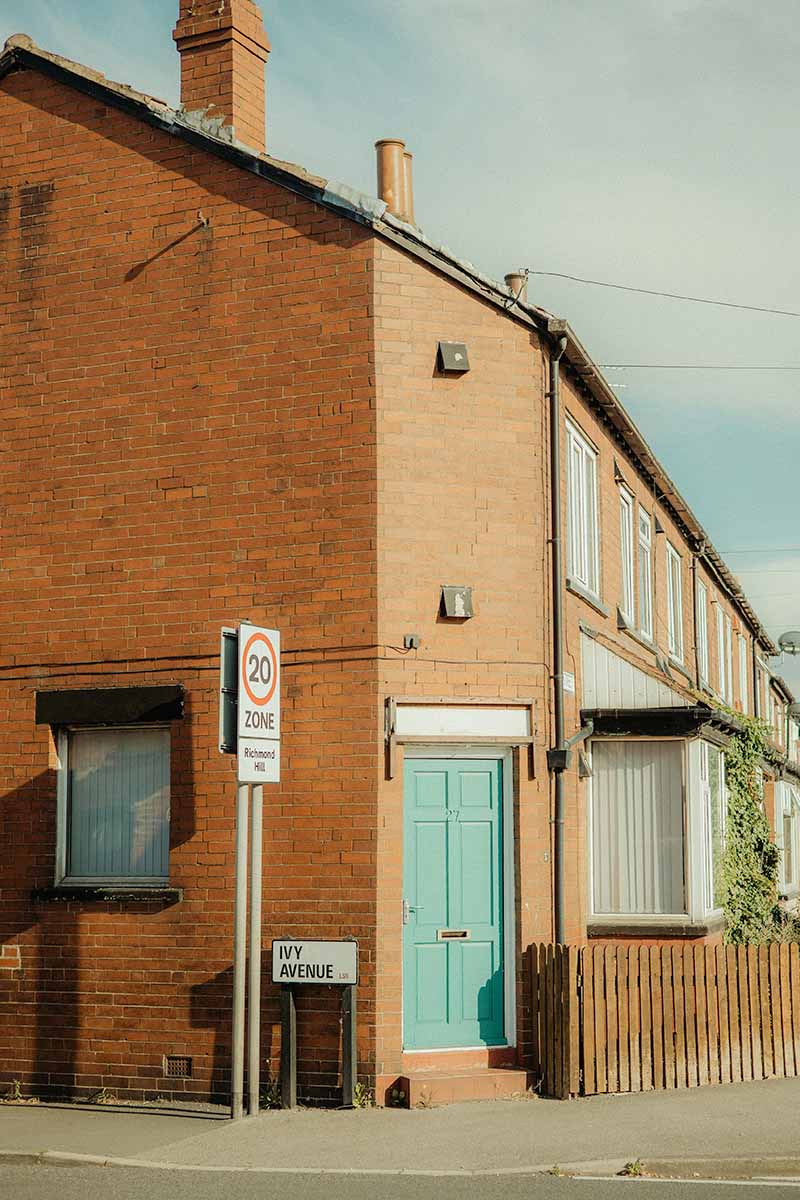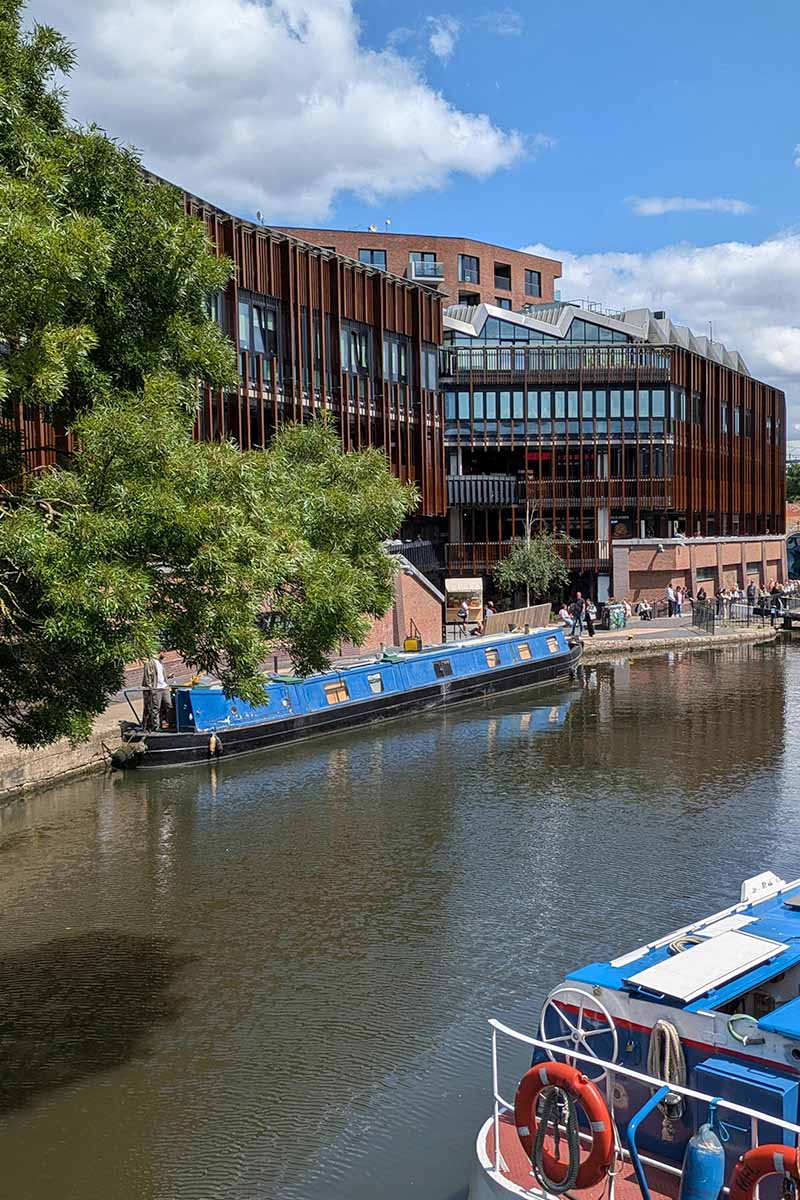What does possessory title mean?
A possessory title is a type of land or property ownership registered when the legal documentation proving ownership is missing, incomplete, or cannot be confirmed. While it gives you the legal right to occupy and use the land, it is not considered full legal ownership like absolute title. That means someone with a stronger legal claim could still challenge it in the future. Possessory title is most often granted when someone has lived in or maintained a property for a long time without formal proof of ownership which is often due to lost deeds, historical transfers, or claims through adverse possession.
This article explains what possessory title means, how it compares to absolute title, when it’s used, and what it means if you own, sell or inherit a property with this kind of title.
Key points include:
- Possessory title applies when ownership documents are missing or incomplete.
- It grants legal possession, but with a risk of challenge by others.
- It’s common in cases of adverse possession or lost deeds.
- You can still sell or live in the property, but buyers may want title insurance.
- After 12 years, you can apply to upgrade to full (absolute) title.

When is possessory title used?
HM Land Registry may grant a possessory title when someone applies to register a property or land but does not have the original title deeds or full documentation to prove ownership. Common scenarios include:
- Deeds have been lost, destroyed, or never formally created.
- A property has passed informally through inheritance or private agreement.
- Land has been used or maintained by someone for many years without a formal claim.
- A person is applying under adverse possession rules after long-term occupation.
Possessory title recognises the applicant as the owner in practice, but flags that the legal evidence is not complete.
What does possessory title mean in practice?
If you own a property with possessory title, you can generally do the same things as someone with full ownership. That includes:
- Living in the property.
- Renting it out.
- Renovating or maintaining the land.
- Selling or transferring it.
However, the title is not guaranteed, which means there is a chance someone else could challenge your ownership if they produce documents showing a stronger claim.
Because of this risk, possessory title is considered less secure than absolute title, and buyers or lenders may ask for extra protection like title indemnity insurance.
How does possessory title compare to other types of property title?
Not all land titles offer the same level of legal security. Here’s how possessory title compares to absolute title and qualified title, which are also used in UK property law:
Example: how someone might end up with possessory title
Let’s say Sophie owns a house that has a small plot of unused land at the back, which she has maintained for over a decade. The land is unfenced and has no visible owner. Sophie checks with Land Registry and finds that the land has never been registered, and there are no documents showing who owns it.
Because she has used the land exclusively, openly and without challenge for more than 12 years, she applies to register it in her name. Since she does not have formal deeds, the Land Registry grants her a possessory title, meaning she is the registered owner — but the land could still be claimed by someone with better evidence.
Possessory title and adverse possession
A possessory title is often linked to a legal concept called adverse possession — sometimes known as “squatter’s rights.” This is where someone occupies land for an extended period without the owner’s permission, and eventually becomes eligible to claim ownership.
To qualify under adverse possession, the person must show:
- Exclusive control of the property or land.
- No permission from the legal owner.
- Continuous, open use for at least 10 or 12 years (depending on the circumstances).
- No challenge or dispute during that time.
Once these conditions are met, they can apply for possessory title. It’s then up to HM Land Registry to decide whether to grant it based on the evidence.
Save time and hassle by selling your home with us
Get a guaranteed cash offer on any property in England and Wales. All you need to do to get started is enter your address below.
Can a possessory title be upgraded?
Yes. One of the most important features of a possessory title is that it can be upgraded over time which can turn a less secure form of ownership into a full legal title.
How long do you need to wait?
You can apply to upgrade after 12 years of uncontested ownership, assuming no one has tried to challenge your claim in that time.
How does the upgrade work?
You will need to apply to HM Land Registry and submit evidence showing:
- You have had exclusive possession of the land or property for 12 years.
- No one else has disputed your ownership.
- You have maintained or used the land clearly and openly.
How long does it take?
Most straightforward applications are processed in a few weeks to a few months, depending on Land Registry workloads and the complexity of the case. If there are gaps in evidence or unusual circumstances, it may take longer.
Is it risky to buy a property with a possessory title?
Buying a property with possessory title is possible, but there are added risks that buyers and lenders need to be aware of.
The main risk is that someone else could come forward with better legal proof of ownership, which might challenge or override the current title. That could lead to a legal dispute, loss of the land, or financial costs.
To reduce the risk:
- Your solicitor will investigate the history and reason for the possessory title.
- You may be advised to get title indemnity insurance.
- You should ask how long the title has been registered and whether an upgrade is possible.
Some lenders will still offer mortgages on possessory title properties, but they may set conditions or require the title to be upgraded later.
Selling a property with possessory title
You can sell a property with a possessory title, but it may take longer than selling one with absolute title. Buyers will want to know:
- Why the property has possessory title.
- Whether the title has been held without dispute.
- If there’s a plan or timeline to upgrade to absolute title.
- Whether title insurance is in place.
As the seller, it helps to be transparent about the situation and work with a solicitor who understands how to prepare the right paperwork.
Thinking of selling a property with possessory title?
Selling on the open market with a possessory title can take longer. Some buyers may hesitate, and lenders may set extra conditions. At Habello, we keep it simple.
No estate agents, no viewings, no delays — just a fast, fair offer when you’re ready. Use our free calculator below to get your cash offer in seconds.
Property owners are choosing Habello for a faster, easier and less stressful way to sell
Sell your home quickly for cash by accepting an offer just below market value. See how we compare to your other options by using the calculator below.
Related guides
Bring yourself up to speed with our property guides.





































































































